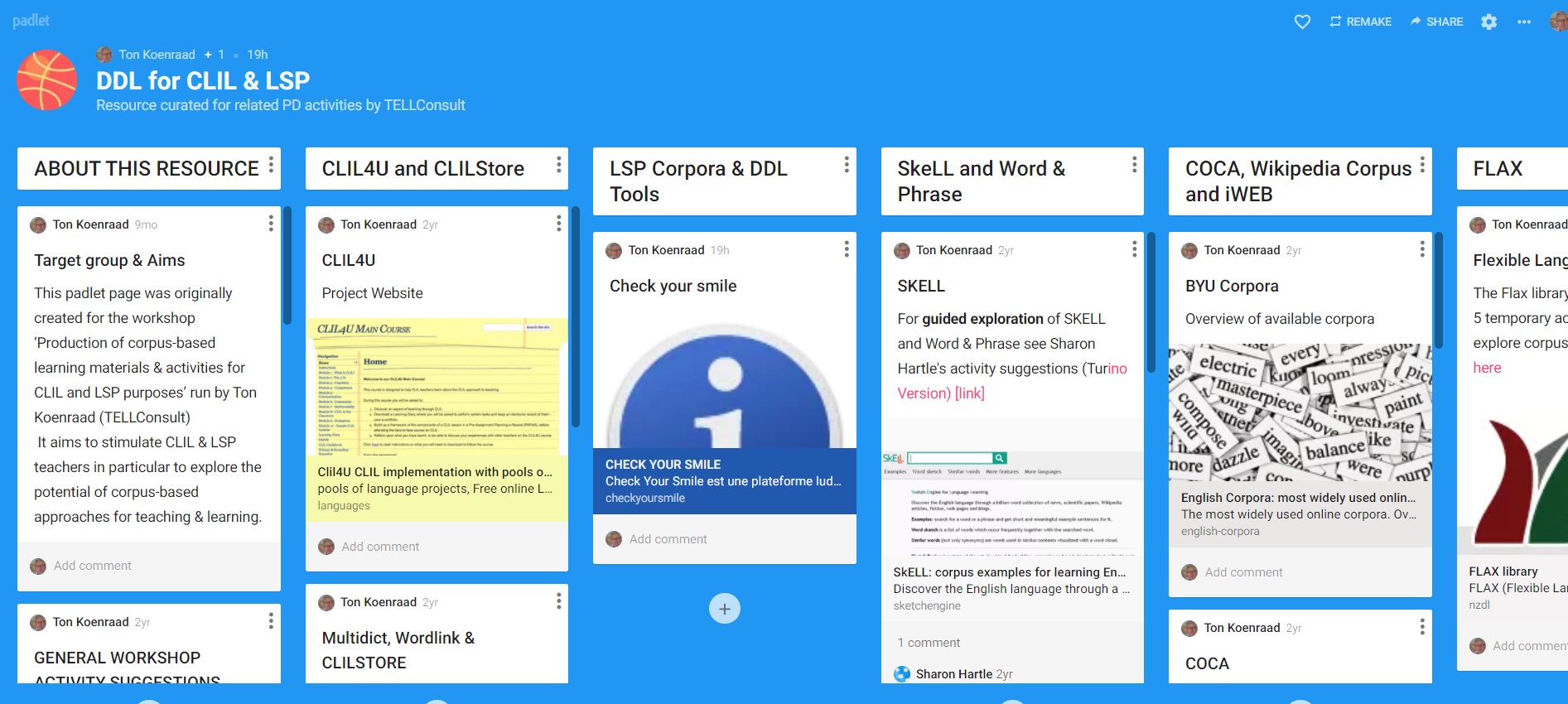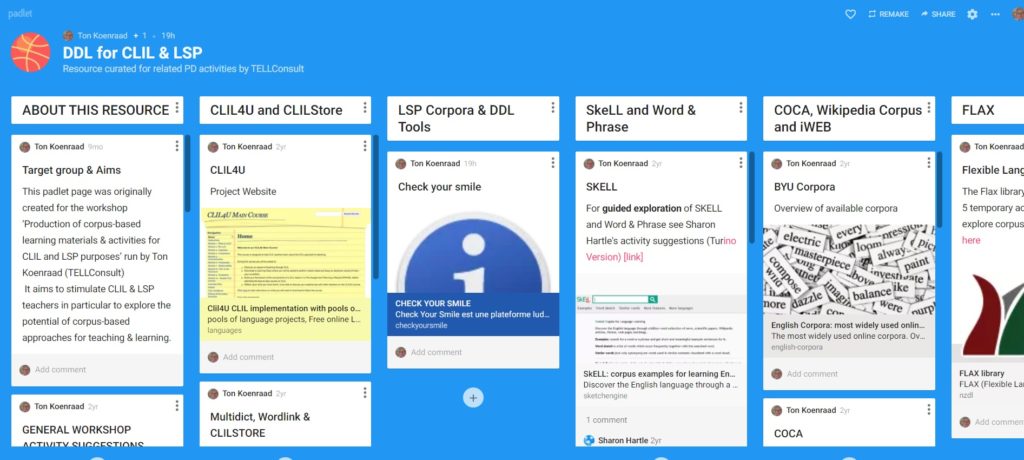Via Nick Peachey’s blog:
If you are planning ready to teach soon today/4y this week then perhaps we can save you some time with some of our lesson plans and digital materials for the remote and physical classroom.
We have a new business English lesson plan ‘The 4 Ps of Marketing’: https://payhip.com/b/FKeW
This plan is great for intermediate students and can help them to learn more and share their knowledge about key elements of marketing and types of promotion.

You can download this half price over the next few days by using this coupon code:4PS
We also have a great collection of short Image-based Lessons which are ideal for encouraging speaking and interaction in the remote classroom if you need to stimulate your students’ imagination and get them speaking more.
You can download this half price over the next few days by using this coupon code:4PS
We also have a great collection of short Image-based Lessons which are ideal for encouraging speaking and interaction in the remote classroom if you need to stimulate your students’ imagination and get them speaking more.
Download from: https://payhip.com/b/LrCG
Download from: https://payhip.com/b/LrCG

If you are looking for creative ideas to stimulate your students then check out Hacking Creativity. This book has been shortlisted for the British Council’s prestigious Innovations award for Innovation in Teacher Resources. Download from: https://payhip.com/b/HDeb

This week you can download it for half price using this coupon code: ELTON2020
If you prefer to learn through watching rather than reading, there is a 45-minute video of Nik Peachey presenting some of the ideas from the book at: https://payhip.com/b/YAfX
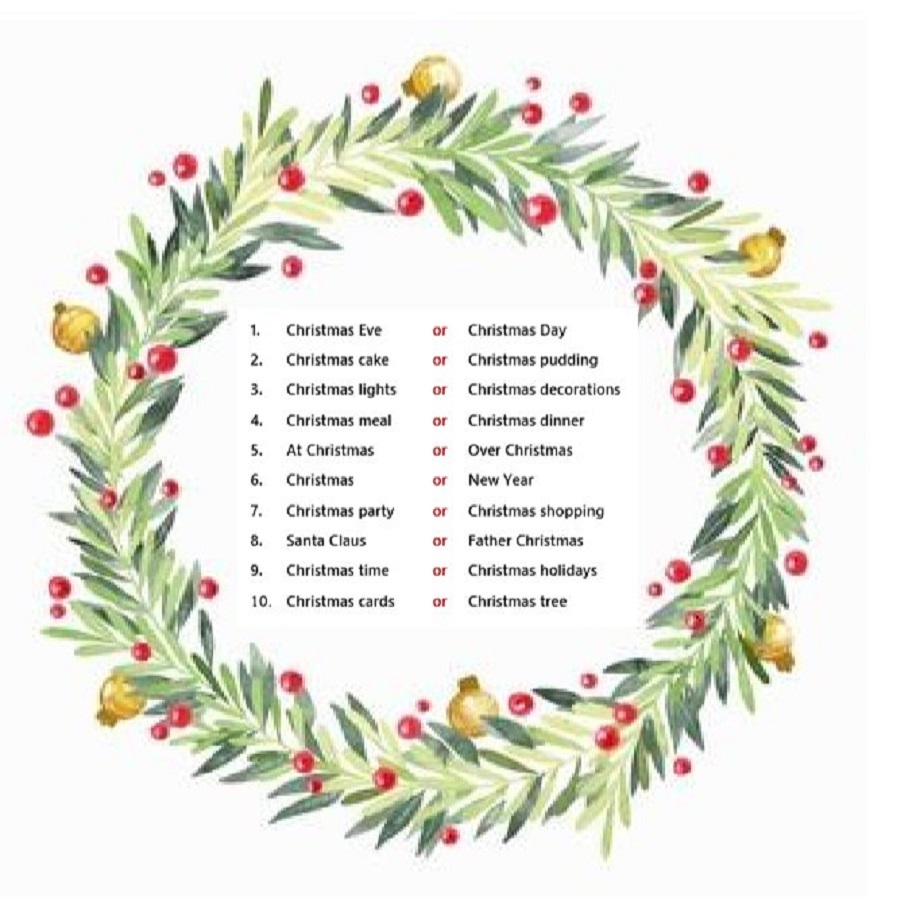 And to wet the appetites of those of you who have not attended one of our annual MOOC editions yet find this corpus-based quiz offered by the Corpus for Schools project at Lancaster University.
And to wet the appetites of those of you who have not attended one of our annual MOOC editions yet find this corpus-based quiz offered by the Corpus for Schools project at Lancaster University.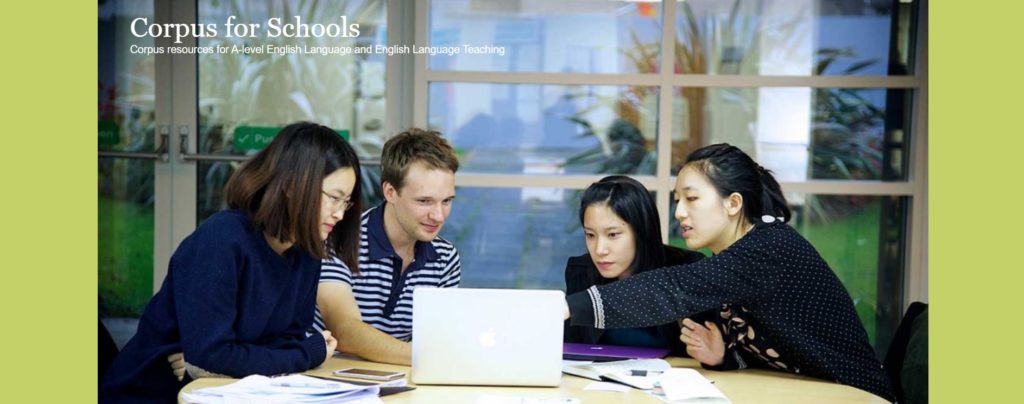
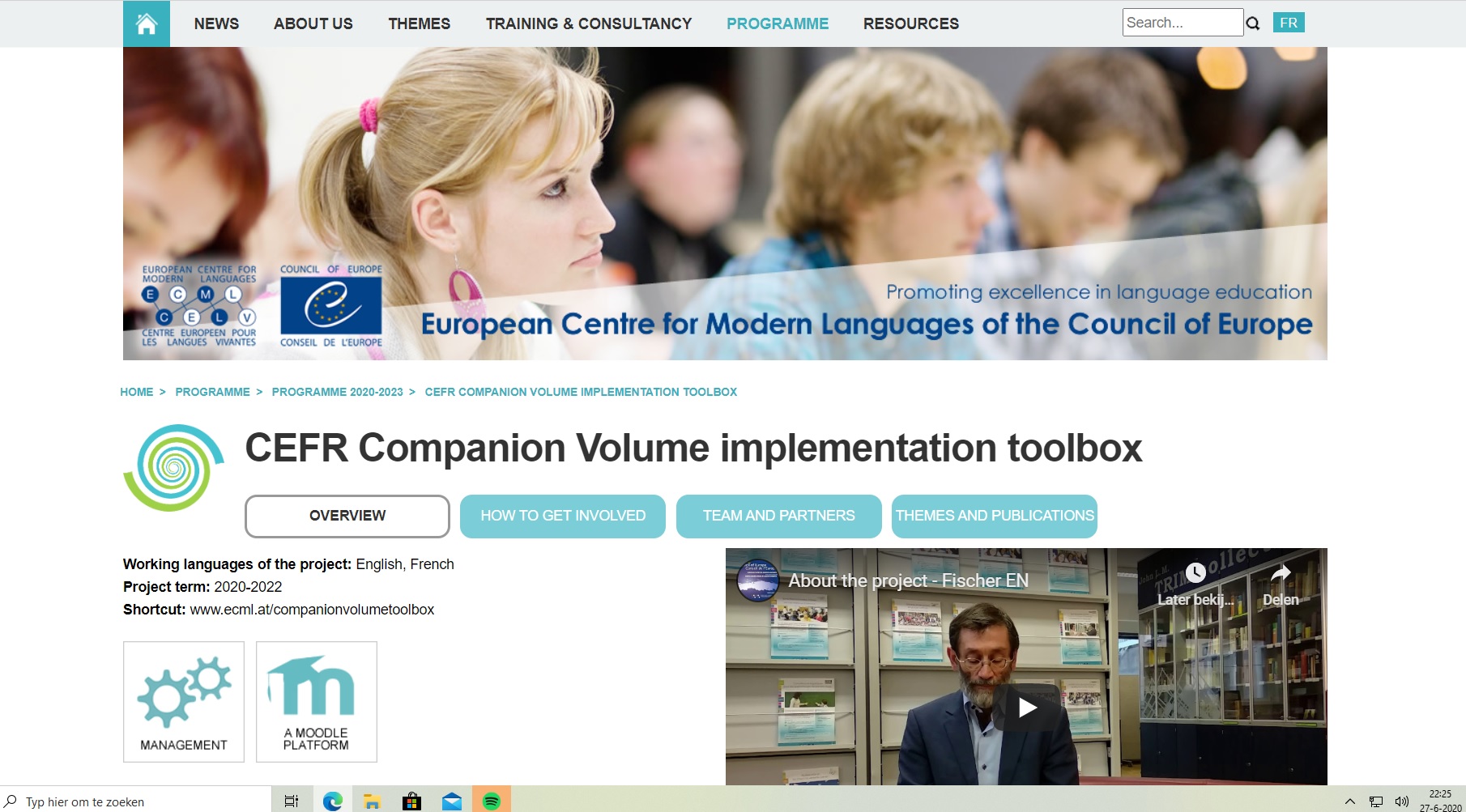
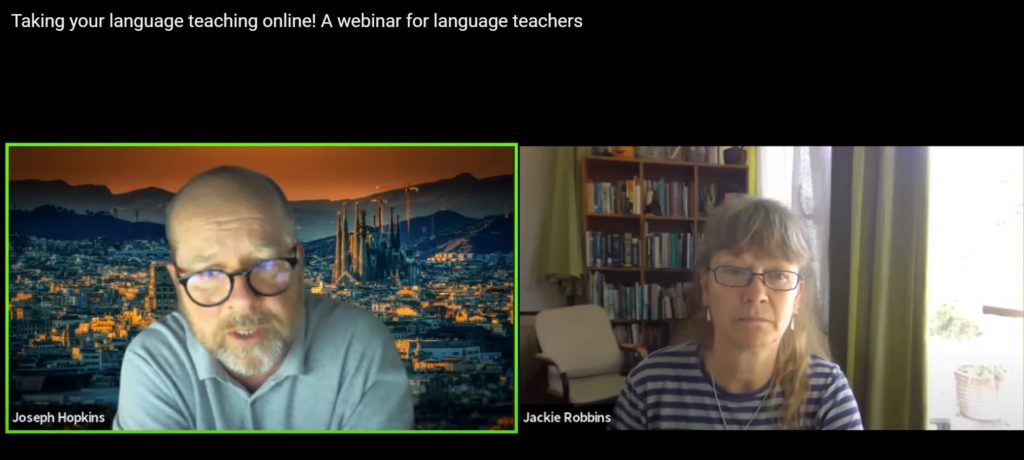 We updated the information about the ICT-REV collection of digital tools for language learning as earlier this year the ICT-REV team ran the international webinar: Taking your language teaching online! A webinar for language teachers
We updated the information about the ICT-REV collection of digital tools for language learning as earlier this year the ICT-REV team ran the international webinar: Taking your language teaching online! A webinar for language teachers





